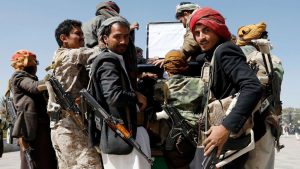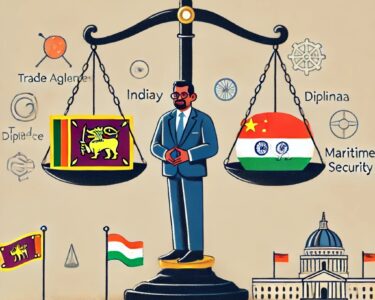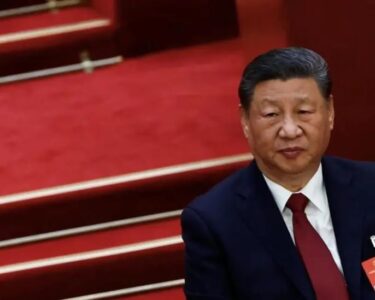Colombo’s decision to join the US-led Operation Prosperity Guardian in the Red Sea against Houthi rebels has sparked fear and uncertainty among Sri Lankan workers living in Yemen. Caught in the midst of a simmering regional conflict, these workers now face the potential consequences of their country’s foreign policy shift.
The lack of a Sri Lankan mission in Yemen adds to the vulnerability, raising concerns about receiving timely assistance in case of emergencies. However previously the Government of Sri Lanka has evacuvated Sri Lankan’s from Yemon during volatile times . The Ministry of Foreign Affairs, in coordination with the Sri Lanka Embassy in Muscat has evacuated Sri Lankns from the capital, Sana’a and other main cities, such as Hodeida, Aden and Mukalla.

This was when fighting between President Abed Rabbo Mansour Hadi’s loyalists and Shiite rebels took place in 2015..Althogh the Situation in Yeoman has been somewhat unsettled for some time the number of Sri Lankan workers going to Yemon has increased due to hardships faced at home.
The Houthis, who control large swathes of Yemen, have launched attacks on vessels in the Red Sea since November 2023 in response to the escalating Israel-Gaza conflict. Sri Lanka, historically a supporter of the Palestinian cause, now finds itself on the opposite side of the equation. This policy shift, as analyst Uditha Devapriya points out, raises questions about Sri Lanka’s stance on the broader Middle Eastern tensions.
Beyond the immediate fears for personal safety, Sri Lanka’s decision could have wider consequences for its workers in the region. Devapriya warns that the deployment of the vessel, coupled with the recent decision to send workers to Israel, could create a delicate balancing act with unpredictable ripple effects for Sri Lankan employees throughout the Middle East.
The situation of Sri Lankan workers in Yemen highlights the human cost of geopolitical manoeuvring. Caught between their livelihood and potential reprisals, these individuals face an uncertain future as the conflict in the Red Sea intensifies. Their plight underscores the need for careful consideration of foreign policy decisions and their potential impact on vulnerable communities caught in the crossfire.







